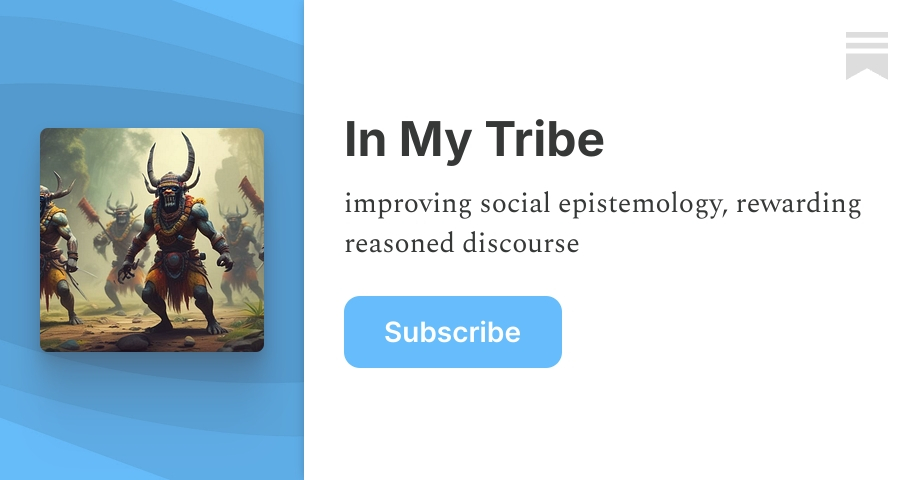Social Media and other Status Games

🌈 Abstract
The article discusses the prevalence of status games in various domains, including social media, academia, the Federal Reserve Board, and the military. It explores how the pursuit of status and reputation can shape organizational cultures and individual behaviors, and how this phenomenon may be exacerbated by modern societal changes.
🙋 Q&A
[01] Social Media and Status Games
1. What are some ways that social media apps encourage status-seeking behavior?
- Social media apps explicitly encourage users to compare and compete with others, to see themselves as the "main character", and to view other people as products.
- Examples include the Facetune app encouraging users to edit their selfies to look better, and the dating app "Hot Or Not" claiming to help users "say goodbye to superficial connections".
- Snapchat's "Solar System" feature publicly ranks users' friends based on how close they are to the user, with the user's avatar at the center.
2. How does the author argue that social media is not the only domain with unhealthy status games?
- The author points out that status games have existed for a long time, and that their effects on organizational dynamics are an interesting subject.
- The author provides examples of status games in academia, the Federal Reserve Board, and the military, suggesting that these domains also exhibit unhealthy status-seeking behaviors.
3. What factors does the author suggest may be contributing to the prevalence of status worries today?
- The rise of social media
- The loss of attachment to extended families, neighborhoods, and churches, leading people to seek reassurance of belonging elsewhere
- The satisfaction of basic needs, causing people to focus more on status as they move up Maslow's hierarchy of needs
- Other unspecified factors
4. How does the author view the potential benefits and drawbacks of status hierarchies in society?
- The author is cautious about condemning all status games, noting that they are part of human nature and that a dynamic, mobile society may be preferable to the certainty of a caste system.
- However, the author expresses concern about the "constant cultural messaging" and "incentives" around status-seeking behavior, particularly in the context of social media.
[02] Academia, the Federal Reserve, and the Military
1. How does the author describe the status dynamics in academia?
- The author argues that academia functions a lot like social media, with very clear status rankings and a constant competition for reputation and publication records.
- The author notes that in STEM fields, this status game is somewhat tempered by the need to confront physical reality and prove theories.
2. What does the author observe about the status hierarchy within the Federal Reserve Board?
- The author points out the extensive and seemingly unnecessary titles used within the Federal Reserve Board, such as "Director", "Deputy Director", "Senior Associate Director", etc.
- The author suggests that these titles serve primarily as status markers rather than to clarify duties or reporting lines.
- The author questions whether this type of culture might encourage people to tell higher-ups what they want to hear rather than the truth, and attract people who are more focused on consensus and falling in line rather than being bold and imaginative.
3. How does the author describe the status dynamics in the military, particularly during peacetime vs. wartime?
- The author notes that traditional military ranks serve a purpose in establishing clear lines of authority and obedience.
- However, the author suggests that in peacetime, the military culture can decay into a "suck-up culture" where people advance by pleasing those above them, rather than by demonstrating the boldness and imagination required in wartime.
- The author argues that in wartime, high ranks bring serious responsibility, and leaders must identify and promote those oriented toward winning the war, not just preserving their own status within the organization.